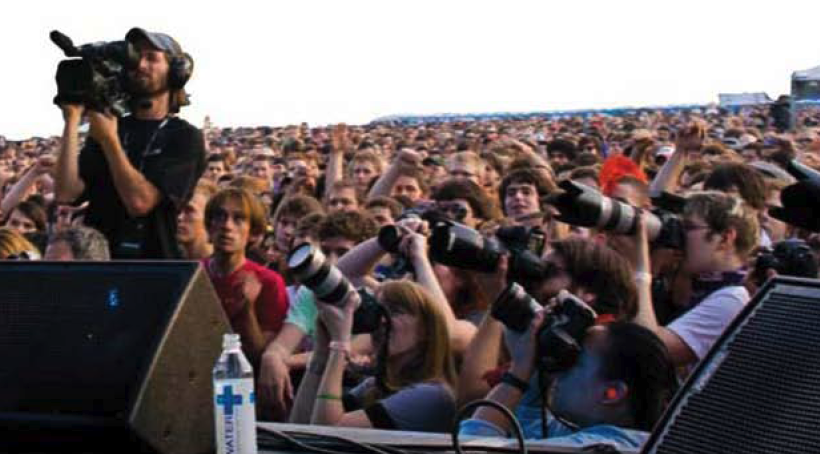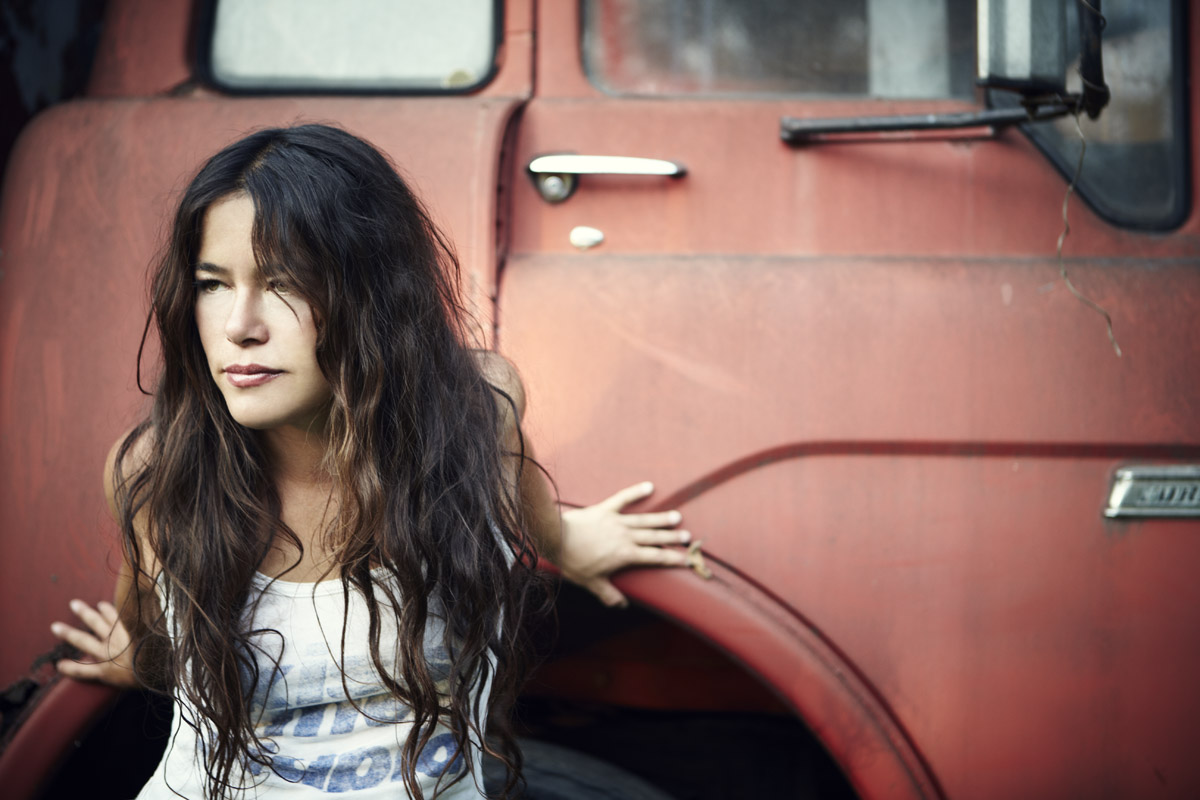
On closing day of Pitchfork Music Festival last year, event coordinator Dave Rempis recalls hearing over his radio that much of the crowd stuck around after bands wrapped their sets to pick up cups and bottles, and properly place them in recycling bins scattered throughout the festival’s grounds at Union Park.
The efforts of those who stuck around after the show, and participants throughout the weekend seemed to have paid off. According to Pitchfork, 13 tons of waste—about 40 percent of the total waste—was recycled after last year’s festival. This year, they’re hoping they can increase that number to 50 percent and are encouraging attendees to help recycle, and do their part in helping the environment, all while enjoying some of indie-rock’s best talent.
For the past four years, festival organizers have been working to make the festival environmentally friendly but remaining tight-lipped about calling their event completely green until they get their system completely worked out. This year, they’re on track.
More than 80 single-stream recycling bins are being placed throughout the grounds, vendors are recycling and a team of recycling staff roam the grounds while bands rock out, emptying full recycling containers, changing bags and making sure items are placed in the proper bins. Rempis says by weight, about 90 percent of what they end up recycling is cardboard from vendors, all of who are participating in the recycling program this year.
Vendors like the Chicago Diner, an Iowa-based restaurant called Herb Garden and others will be offering vegetarian and vegan fare. Plus, half of the menu offerings at the festival will be vegetarian, says Rempis.
The cups used this year are made from No. 6 plastic, which after the event, will be collected by a Michigan-based company called East Jordan Plastics and turned into eco-friendly planters and flower pots. Attendees can also turn in cups and other recyclable items into the Recycling Store for goods like T-shirts, laptop cases, posters and other cool schwag.
The sounds of The Flaming Lips, Matt & Kim, Waaves, and many more will come through amps driven by bio-diesel powered generators. In fact, the whole festival is powered by these generators.
Rempis says they expect about 50,000 to fill Union Park July 17-19. All of which are encouraged to take public transit or ride in rather than driving. Free bike parking is available at the grounds.
Keeping in style with the environment, bands will be escorted back and forth in hybrid vehicles provided by Zipcar.
Rempis says he often doesn’t tout their efforts like other festivals do. Instead, he says, he’d rather get it right first.
—Mindful Metropolis, July 2009



